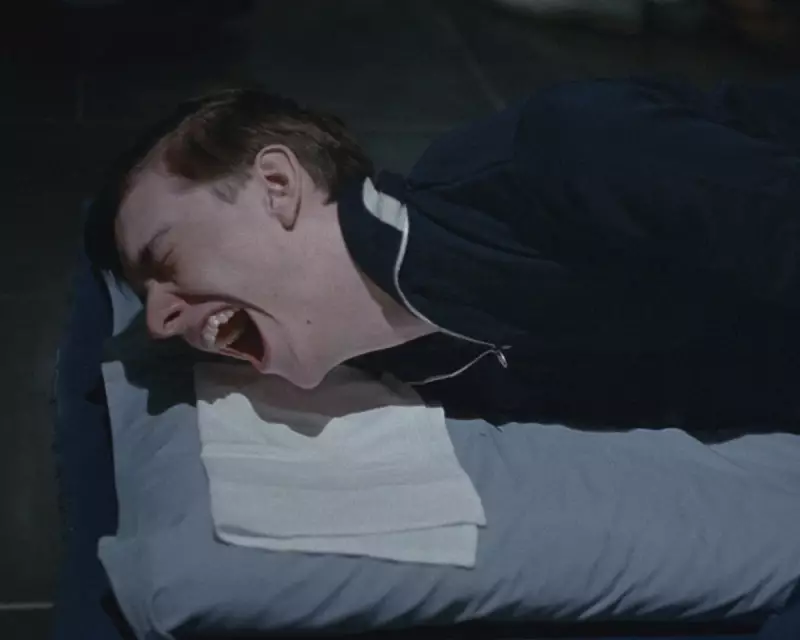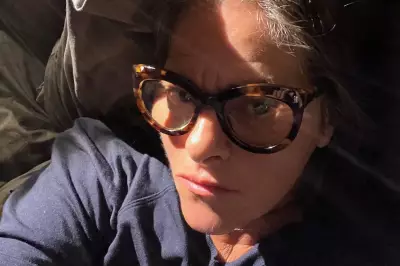
In a defiant and provocative new interview, the maverick filmmaker behind one of cinema's most controversial projects has boldly reasserted its purpose. Ilya Khrzhanovsky, director of the sprawling and infamous DAU film series, has declared his work a form of 'pornographic propaganda' that he believes is critically relevant in today's global political climate.
Khrzhanovsky's comments come as he prepares to present a new iteration of his work, DAU: Freedom, in London. The project, which began as a biopic of Soviet physicist Lev Landau, morphed into a vast, years-long sociological experiment involving hundreds of participants living in a reconstructed Soviet institute. It culminated in over 700 hours of footage, scenes of extreme sex and violence, and accusations of ethical malfeasance.
A Defence of 'Pornographic Propaganda'
The director makes no apologies for the explicit nature of his work. Instead, he frames it as a necessary weapon against modern authoritarianism. 'We are living in a time of new authoritarianism,' Khrzhanovsky argues, 'and to fight it, you need to use the same tools... I call it pornographic propaganda.'
He contends that traditional, rational discourse is ineffective against regimes that operate on emotion, spectacle, and fear. His method, therefore, is to fight fire with fire—using shocking, visceral imagery to deconstruct the mechanisms of control and lay bare the human condition under extreme pressure.
Ethical Storm and Lasting Legacy
The DAU project was mired in controversy from its inception. Reports from the set detailed a brutal environment where participants were allegedly subjected to psychological pressure and degrading situations. Critics have lambasted it as an exercise in exploitation disguised as art.
Khrzhanovsky addresses these criticisms head-on, defending his methods as essential to achieving artistic and philosophical authenticity. The upcoming London exhibition, featuring previously unseen material, is poised to reignite these debates, forcing the art world to once again confront the thorny questions DAU raises about the limits of artistic freedom and the price of a director's vision.
Whether hailed as a genius or condemned as a manipulator, Ilya Khrzhanovsky remains one of the most uncompromising and discussed figures in contemporary cinema, and his latest pronouncements ensure his work will remain firmly in the spotlight.






